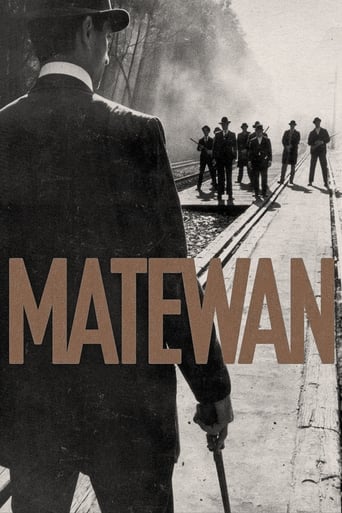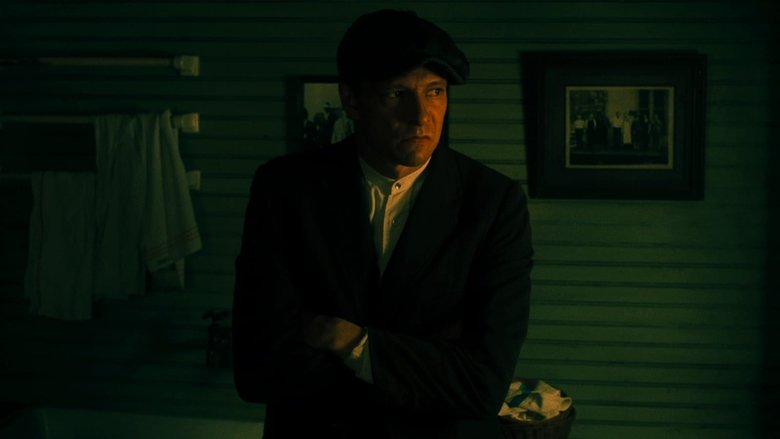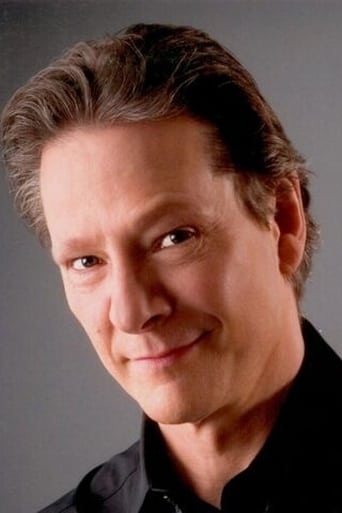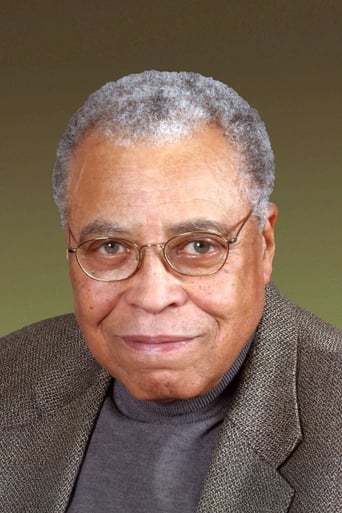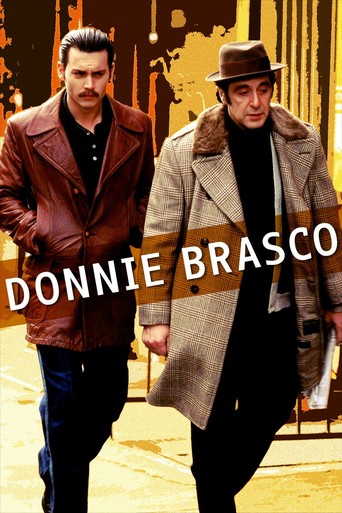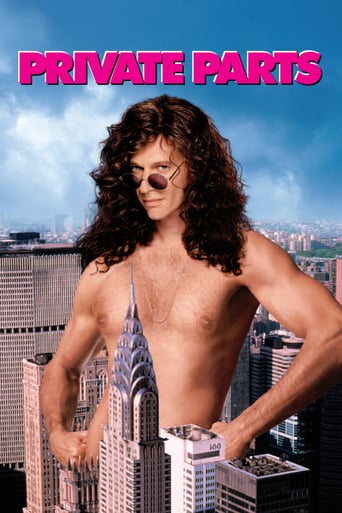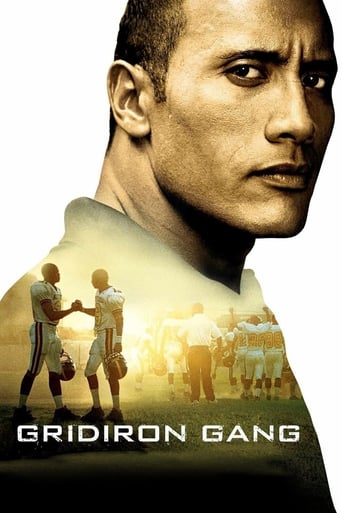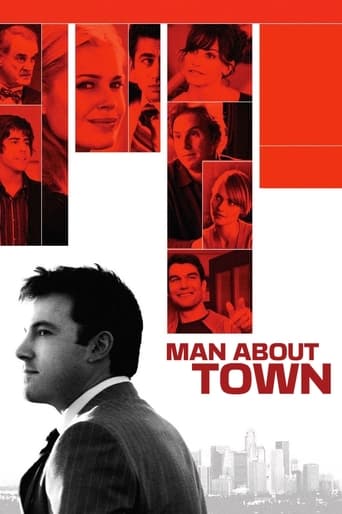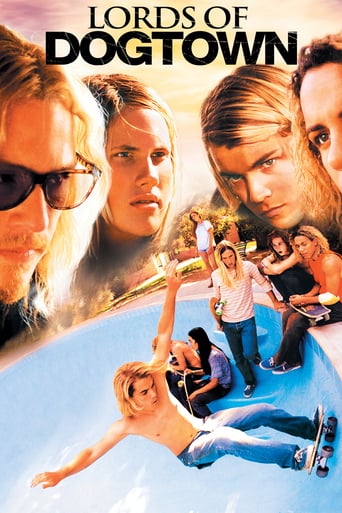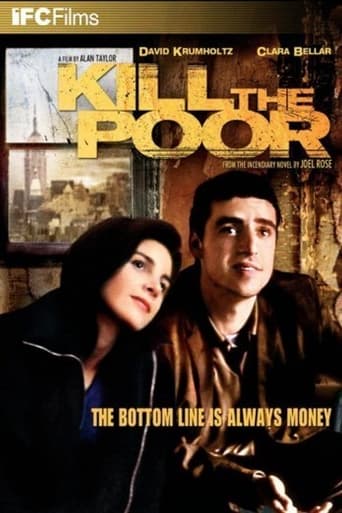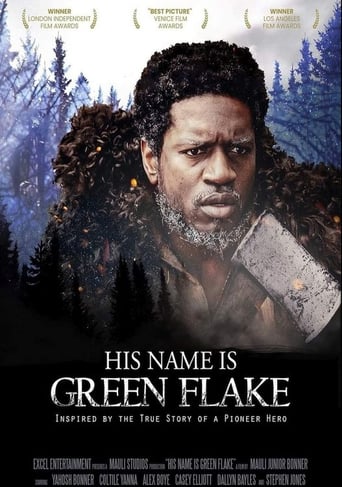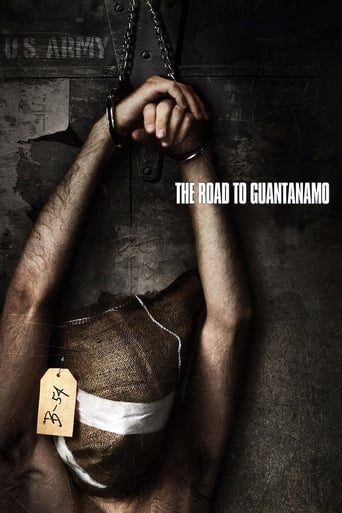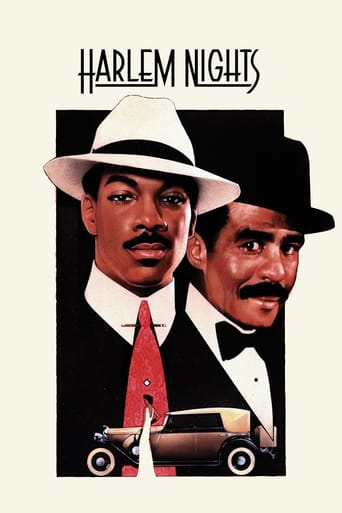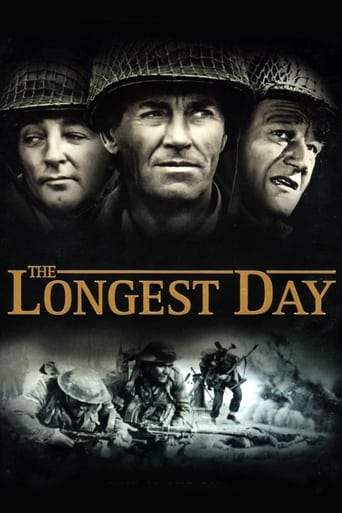Matewan (1987)
Filmed in the coal country of West Virginia, "Matewan" celebrates labor organizing in the context of a 1920s work stoppage. Union organizer, Joe Kenehan, a scab named "Few Clothes" Johnson and a sympathetic mayor and police chief heroically fight the power represented by a coal company and Matewan's vested interests so that justice and workers' rights need not take a back seat to squalid working conditions, exploitation and the bottom line.
Watch Trailer
Free Trial Channels
Cast


Similar titles
Reviews
Too many fans seem to be blown away
n my opinion it was a great movie with some interesting elements, even though having some plot holes and the ending probably was just too messy and crammed together, but still fun to watch and not your casual movie that is similar to all other ones.
The film's masterful storytelling did its job. The message was clear. No need to overdo.
This is a small, humorous movie in some ways, but it has a huge heart. What a nice experience.
In my opinion, Matewan didn't look great. It was based during the 1920 in the life of coal workers in West Virginia going on strike. It was straight forward. The cinematography was amazing for an indie film. I was surprised in some scenes but most of it was a blur. The main characters were cynical men who hated there lives. There is no justice for the black men that are coming from Alabama to work in the coal mines out or work and no way to support there family they travel to west Virginia to work in the coal mine. The white men form the coal mines in West Virginia onto accept these black men.This happens the same in the mountains of Chiapas for the indigenous people and the Mexican government not acknowledging them part of the people. They are angry because there is no work and for a black man to get a job and cut there hours sound ridiculous for them. The movie was boring and a blur there were moments where the Man sticks up for him self in the cabins sticking up for his rights that he deserves the same amount of money as they do because he works as hard as they do. The scene of the black man for me represents how this issue relates to my project and the injustice some face. The unions is a way to unite all races blacks, whites, and Italian coal miners, this what Danny i explain to them.
After a streak of Godard films that left me a little exhausted, I was looking for a big narrative to immerse myself in, a film where artifice does not jump to our attention but is transparent and the world of the film believable. I immediately remembered about John Sayles and his nouvellas of cinema. With Lone Star I bemoaned the lack of a visual imagination, but coming to a Sayles film for a narrative like I did with Matewan, I leave completely satisfied. The man excels in telling us stories with scope and values of importance.What a lovely world he creates here, among the derelict shacks and cabins of the Pennsylvania foothills of Matewan a moral struggle is fought, flawed characters with faces blackened by coaldust fumble with great ideals and big hopes for a better future, and the one thing that stands between them and justice is their own prejudice. I like how the film suggests that for the collective to be reformed the individual must be reformed first, that we need to look inwards first before we make a stand. The stand in the film is heroic but also desperate, a bit of a lawless old West on the way to emancipation. John Sayles is a leftist and this comes across loud and clear in Matewan, but unlike a Godard film like Week End, Sayles doesn't call for blood, he calls for social justice.The narrative here sprawls in and out of log cabins where sullen faces plot strikes and discuss ideals, in and out of makeshift tents and muddy town streets where coalminers live and die and sing, now a fiddle or harmonica is calling out from the dark the sad tune of a life of suffering, and the finale is sealed with a shootout filled with tragedy and hope. Sayles' camera doesn't intrude in any of this, rather it's invited in and hankers down out of way to quietly listen or conspire.Matewan makes a great doublebill with Martin Ritt's The Molly Maguires, another forlorn drama of the oppressed that speaks of moral devastation in the Pennsylvania coal fields, but more, it stands by itself as one of the great American narratives of the 80's.
The story goes that in the early part of the twentieth century that coal mine owners were pretty much enslaving their workers. By making the miners work for the company, live in a company owned home and by not paying those cash, but instead making them buy their goods at the company store on company credit was like slavery. The workers are fed up in the story, and like any battle, there are two sides. One side is pro union, which the mine owners believe these are the "Reds" or communist, and the other sides of the battle are those that don't want the union; mostly these are the "bad guys" who own the mines (and most of the town). In today's world, we still see injustice arising like those of early twentieth century America, but in third world countries such as those in Africa.The best part of the film was the ending when the union workers and the mine owners face off in a confrontational shootout in the streets of town. It was beautifully shot with great scenery and suspense. Just at the drop of a hat, the town was forever changed. The sheriff, played by David Straithairn comes off almost cocky in his favor of the townspeople over the arrogance of the mine owner's thugs. It is good to see the law taking the side of the oppressed and not the oppressor.The two thugs sent by the mine owners were very much flat characters, drawn out and overused, even stereotypical at times. Forcing their way into the home of the woman and her son, and displacing the union organizer, they were rude and chauvinist too. Pulling a gun on a boy at the dinner table though, how immature. So I was especially grateful that they were on the losing side, much where John Sayles would like us to see them, which is probably why they were so flat and stereotypical.
Matewan tells the tale of just one of the battles fought in the coal mining wars of the late nineteenth, early twentieth century.Chris Cooper, as Joe Menehan, plays a union organizer intent upon bringing the miners of Matewan out from underneath the heel of the coal mine owners. When intimidation and terror tactics fail to cow the locals, the mine operators and their private security thugs bring in scabs, nominally led by "Few Clothes" Johnson - played by James Earl Jones. When the scabs join the strikers the mine operators resort to all-out warfare against the unionized miners.David Strathairn, Chris Cooper, James Earl Jones, Mary McDonnell - everyone on the cast delivers a believable, wonderful performance. Everything in this movie makes you feel as if you were really there and depicts this often overlooked event in American history with a stark realism that will leave you thinking about it over and over for a very long time.Such is the impact of the direction, acting, and writing of this movie that when I saw this movie on video about a week ago, it was still as fresh in my mind as when I saw it last on the big screen on opening day.10 out of 10. Truly an overlooked classic.

